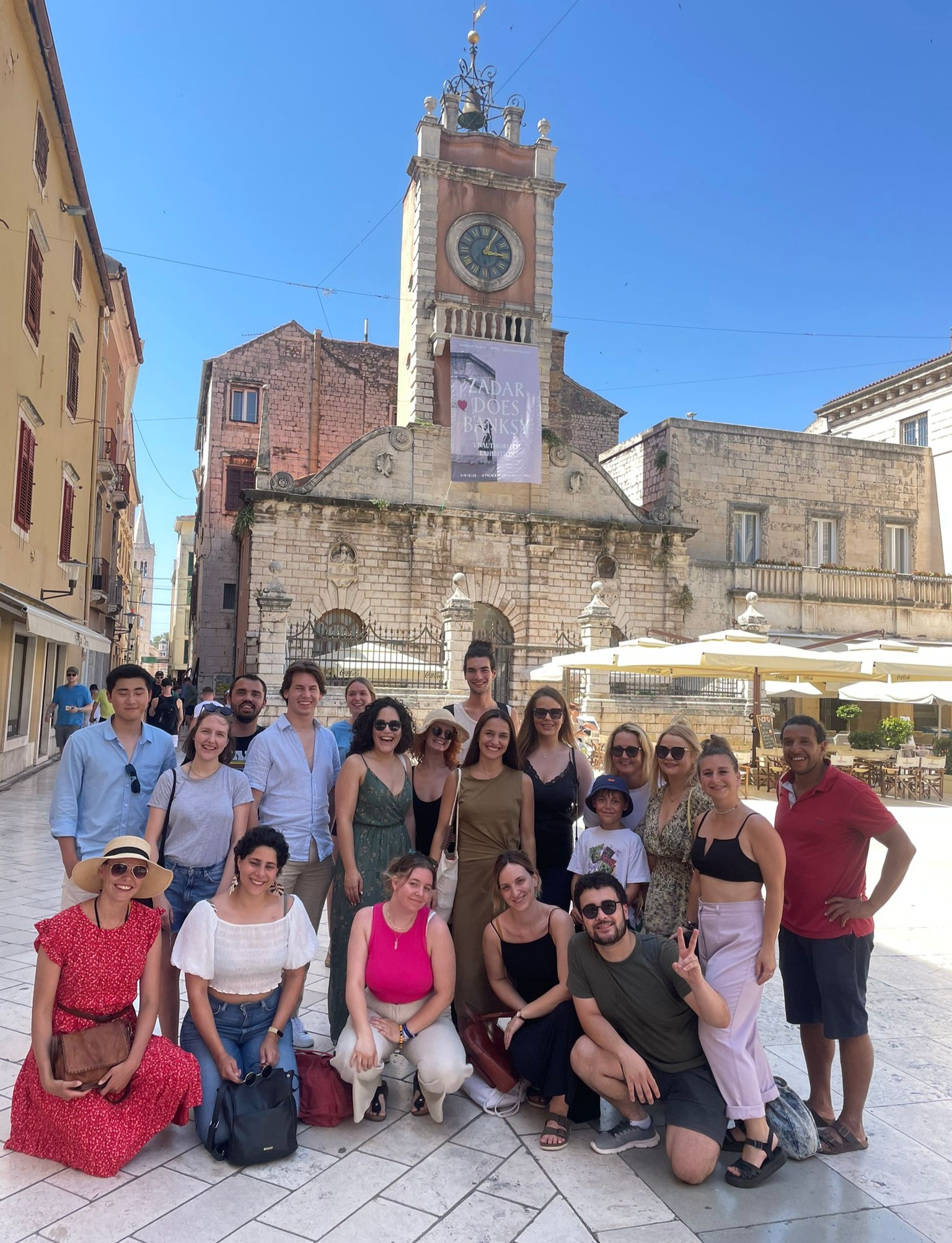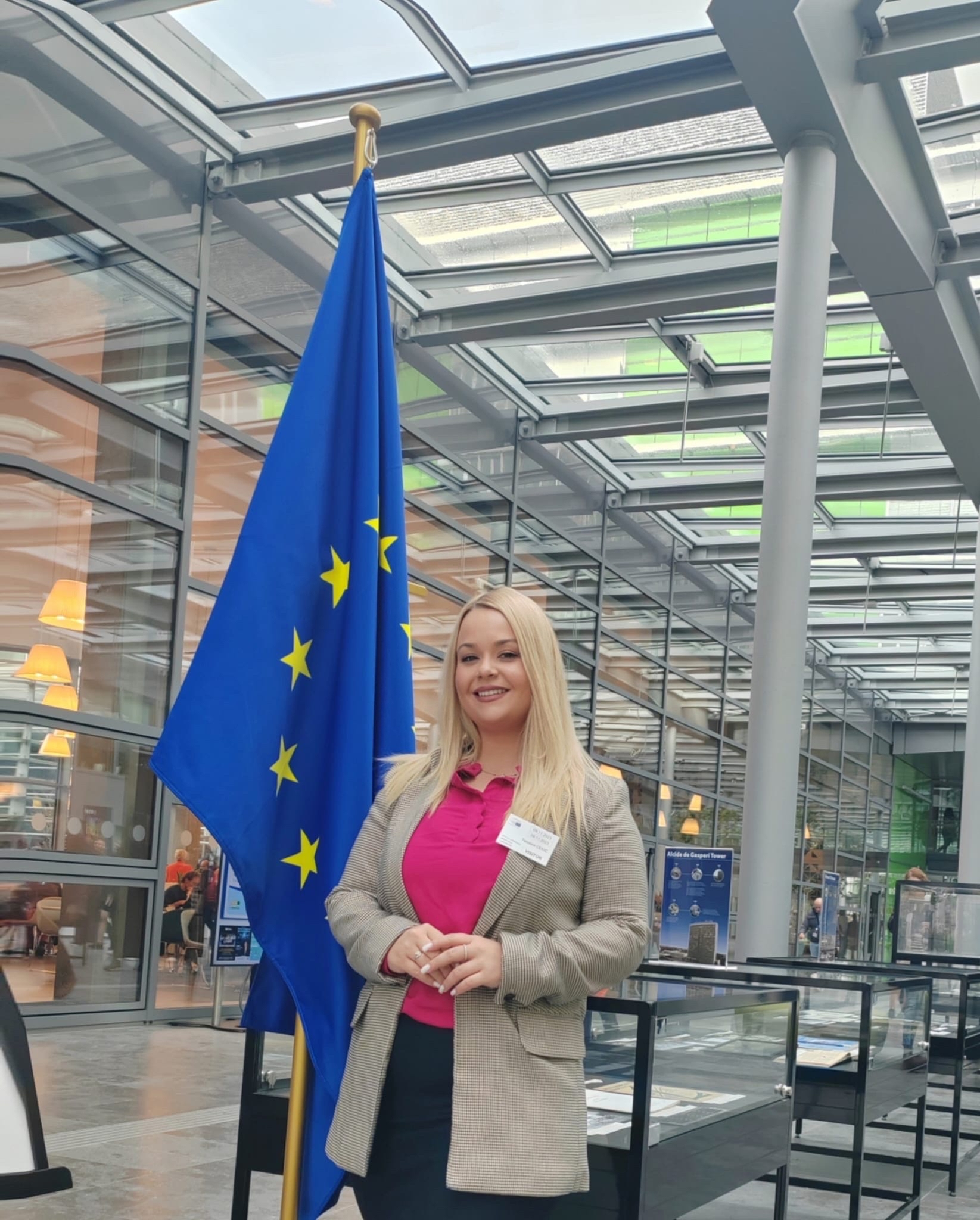
On February 5, 2019, Serbia made a significant leap into the Erasmus Plus Programme, transitioning from a mere partner country to an active participant. On this historic day, Commissioner Navracsics inked a pivotal agreement with Serbia’s Minister for Education, Science, and Technological Development, Mr. Mladen Sarcevic. The journey towards this status and agreement was marked by numerous assessment procedures, ensuring that Serbia was fully prepared to take on a more dynamic role within the European Frameworks. With this accomplishment, Serbia proudly became the 34th country to join the esteemed league of Erasmus Plus Programme Countries in Europe.
Before 2019, Serbia had been actively involved in this global programme through various projects. The country had weathered many challenging initiatives, and Serbian organizations had accumulated substantial experience as partner entities within Erasmus Plus. A notable illustration of this is the fact that nearly 7,000 Serbian students had embarked on learning journeys abroad, while close to 4,300 European individuals had visited Serbia as part of several Erasmus Plus projects since 2014.
“Through ERASMUS + projects, I had the opportunity to acquire a wealth of new knowledge, forge connections with people and friends from nearly every European country, and gain fresh perspecti4ves. These experiences have undeniably reshaped my life.”
Teodora Cekić
Becoming a Programme country has opened up a plethora of opportunities for Serbia over the last four years within the Erasmus Plus framework. This new status has allowed Serbia to engage in a wider array of projects, encompassing a diverse range of activities. Notably, Serbia has joined projects focusing on sports, vocational education and training (VET), as well as school and adult education. This Agreement has effectively forged connections between Serbia and other EU countries.
Teodora Cekić, a young musician hailing from Serbia with both bachelor’s and master’s degrees in Musical Arts, stands as a testament to the transformative power of ERASMUS + projects. Teodora is not only a Young European Ambassador but also a dedicated youth activist who has collaborated through volunteer work with numerous non-governmental organizations. Among the many young Serbians who have reaped the benefits of ERASMUS + projects, Teodora’s journey has been particularly remarkable. She has actively participated in over 20 short-term ERASMUS + projects and programmes in recent years, spanning various categories such as youth exchange and capacity building initiatives.
Reflecting on her experience with ERASMUS + projects, Teodora underscores their profound impact on both her professional and personal development. “Through ERASMUS + projects, I had the opportunity to acquire a wealth of new knowledge, forge connections with people and friends from nearly every European country, and gain fresh perspectives. These experiences have undeniably reshaped my life,” Teodora passionately expresses.

“I think promotion is very important because most of the people from Serbia that I meet in ERASMUS + are pretty much the same people. So, we need more promotion so that more young people can benefit from the program.”
Teodora Cekić
ERASMUS + has proven to be a remarkable avenue for Serbia, offering a unique opportunity to foster people-to-people connections and nurture mutual understanding. Notably, it has allowed Serbia to extend its reach beyond the boundaries of the European Area, forging partnerships with international collaborators. This expansion aligns with the EU’s broader objective of enhancing cooperation with Western Balkan countries, and Serbia’s inclusion in the Erasmus Plus Programme countries represents a significant stride in this direction.
Teodora, reflecting on the impact of ERASMUS + projects, underscores their immense value for young individuals in Serbia. However, she believes that more extensive promotion is essential to ensure that a wider cross-section of young people can partake in this program. Teodora passionately advocates for increased promotion, noting that the majority of individuals from Serbia she encounters in ERASMUS + initiatives tend to be familiar faces. She states, “I think promotion is very important because most of the people from Serbia that I meet in ERASMUS + are pretty much the same people. So, we need more promotion so that more young people can benefit from the program,” emphasises Teodora.
About the programme
Erasmus+ is the largest European educational programme that deals with the financing of mobility and cooperation projects in the field of education, training, youth and sports. It was created in 2014, and in 2021 it entered a new seven-year implementation period that will last until 2027. The projected budget for this seven-year period of the new Erasmus+ programme is larger than ever and amounts to 26 billion euros.
Photo credits: Teodora Cekic
Becoming a Programme country has opened up a plethora of opportunities for Serbia over the last four years within the Erasmus Plus framework. This new status has allowed Serbia to engage in a wider array of projects, encompassing a diverse range of activities. Notably, Serbia has joined projects focusing on sports, vocational education and training (VET), as well as school and adult education. This Agreement has effectively forged connections between Serbia and other EU countries.
Teodora Cekić, a young musician hailing from Serbia with both bachelor’s and master’s degrees in Musical Arts, stands as a testament to the transformative power of ERASMUS + projects. Teodora is not only a Young European Ambassador but also a dedicated youth activist who has collaborated through volunteer work with numerous non-governmental organizations. Among the many young Serbians who have reaped the benefits of ERASMUS + projects, Teodora’s journey has been particularly remarkable. She has actively participated in over 20 short-term ERASMUS + projects and programmes in recent years, spanning various categories such as youth exchange and capacity building initiatives.
Reflecting on her experience with ERASMUS + projects, Teodora underscores their profound impact on both her professional and personal development. “Through ERASMUS + projects, I had the opportunity to acquire a wealth of new knowledge, forge connections with people and friends from nearly every European country, and gain fresh perspectives. These experiences have undeniably reshaped my life,” Teodora passionately expresses.

ERASMUS + has proven to be a remarkable avenue for Serbia, offering a unique opportunity to foster people-to-people connections and nurture mutual understanding. Notably, it has allowed Serbia to extend its reach beyond the boundaries of the European Area, forging partnerships with international collaborators. This expansion aligns with the EU’s broader objective of enhancing cooperation with Western Balkan countries, and Serbia’s inclusion in the Erasmus Plus Programme countries represents a significant stride in this direction.
Teodora, reflecting on the impact of ERASMUS + projects, underscores their immense value for young individuals in Serbia. However, she believes that more extensive promotion is essential to ensure that a wider cross-section of young people can partake in this program. Teodora passionately advocates for increased promotion, noting that the majority of individuals from Serbia she encounters in ERASMUS + initiatives tend to be familiar faces. She states, “I think promotion is very important because most of the people from Serbia that I meet in ERASMUS + are pretty much the same people. So, we need more promotion so that more young people can benefit from the program,” emphasises Teodora.
About the programme
Erasmus+ is the largest European educational programme that deals with the financing of mobility and cooperation projects in the field of education, training, youth and sports. It was created in 2014, and in 2021 it entered a new seven-year implementation period that will last until 2027. The projected budget for this seven-year period of the new Erasmus+ programme is larger than ever and amounts to 26 billion euros.
Photo credits: Teodora Cekic
Please wait while your video is being uploaded...
Don't close this window!